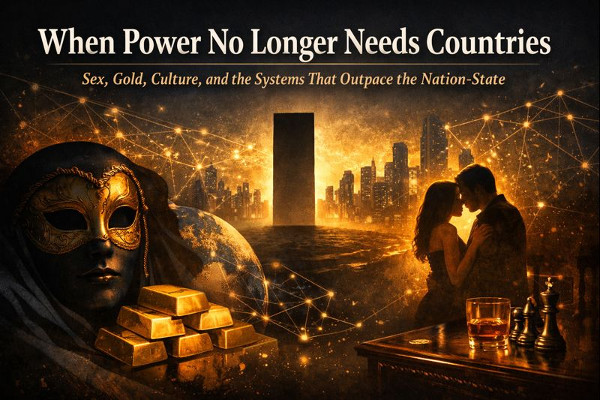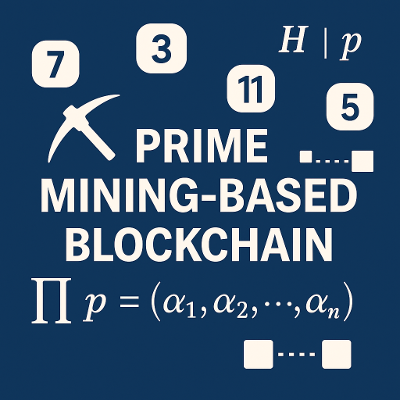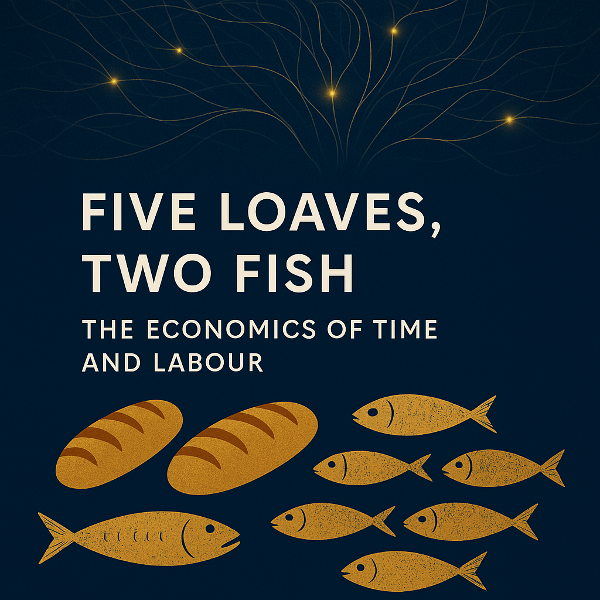6. Purpose, Faith, and Strategic Alignment
Viewed through a theological lens, one could say the Bible anticipated the modern work-life dilemma. “Six days you shall labour, but on the seventh you shall rest,†Moses wrote — a division between subsistence and reflection. The Church later inverted it through practice: two days of devotion, five of labour. The implication is subtle but powerful — devotion sustains productivity. Even limited spiritual or strategic time, when aligned correctly, can amplify the rest of one’s week.Perhaps, too, there is another kind of equilibrium still unexplored — a week inverted, where two days are devoted to purpose and five to labour only as needed. An impossible ideal, yet one that exposes how modern economies have priced reflection as a luxury, when it may be the true driver of value.







